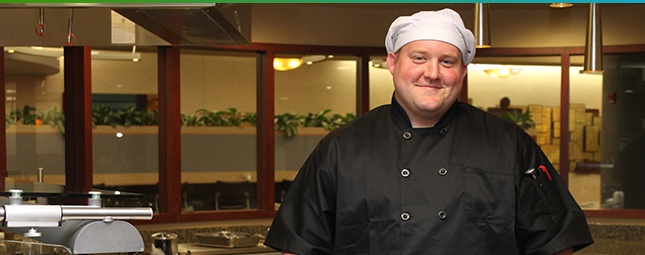The momentum around food waste reduction continued throughout 2017. The high-profile documentary “Wasted!” debuted, adding celebrity chef voices to the effort. The Natural Resources Defense Council released a pair of comprehensive reports detailing food waste in major U.S cities. The World Wildlife Fund partnered with the hospitality industry to release the Hotel Kitchen toolkit designed to encourage the measurement of food waste, the establishment of food donation strategies, and the diversion of food waste from landfills. From the Food Waste Fair in New York City to London Food Tech Week, thought leaders and innovators congregated around the world to discuss and strategize. And even Pope Francis weighed in: “We are called to propose a change in lifestyles, in the use of resources, in production criteria, including consumption that, with regard to food, involves growing losses and waste. We cannot resign ourselves to saying someone else will take care of it.”
Now, looking to build on that momentum in 2018, we’d like to suggest a resolution for anyone concerned with reducing food waste, but particularly the foodservice industry: move from a culture of diverting food waste to one of preventing food waste.
More specifically, we urge organizations in the foodservice industry to continue to move up the EPA’s Food Waste Hierarchy. A decade ago, the cutting edge of food waste prevention was a restaurant starting a composting program (which is just above sending your waste to the landfill on the hierarchy). But foodservice has kept moving its way up: repurposing used fryer oil for fuel, separating excess for animal feed, and setting up donation programs for unused food, which gets the industry almost to the top of the hierarchy.






